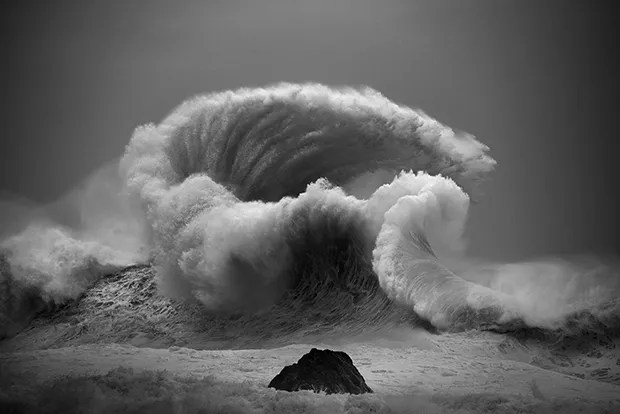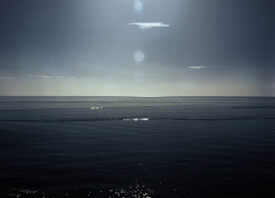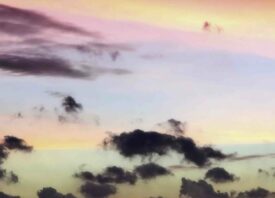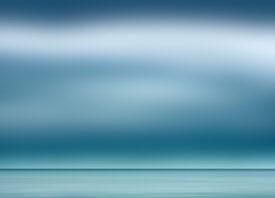Search this site
5 Seascape Photography Projects That’ll Take Your Breath Away

A Buddhist monk who photographs the sea. A former coal miner who became a full-time artist. Photographs that look like paintings. In this roundup, we revisit some of the unforgettable seascape photography projects we’ve run on Feature Shoot over the years.

Ray Collins photographs Australian waves frozen in time.
“The Australian photographer Ray Collins stumbled into his career as an ocean photographer almost by accident. Eight years ago, while working as a coal miner, he and some surfer friends ventured out to the beach to take photos. He began taking images of the ocean, seascapes, and surfers in his spare time.
“A later knee injury led him to take up ocean photography full-time. He has since found his passion, and returns to the beach every morning before dawn to capture the breaking waves for his series, and recently published book, Found at Sea.”

Warren Keelan’s seascape photography makes waves look like brushstrokes.
“Having lived on the coast his entire life, Australian photographer Warren Keelan has never been too far from the ocean. For as long as Warren can remember he has been fascinated with its natural beauty, ever-changing forms and unpredictable nature.
“When he first set out with the objective of creating pictures of the beautiful intricacies of moving ocean waves, what he captured through his lens were images that looked as though they had been painted by hand and brush. The repeating patterns, undulations, colors and textures illuminated by sunlight became the focus of his photography and culminated in his ongoing and ever-evolving series Waves that Look like Brushstrokes.”

Dramatic photos of ocean waves as seen through the eyes of Syoin Kajii, a Buddhist Monk.
“The Niigata-based photographer Syoin Kajii’s series Nami shows a fascinating amount of depth in what would seem a relatively simple subject: the ocean waves of Sado Island, in Japan. Kajii, who is a Buddhist monk, has managed to capture fantastic differences from one wave to another, with variations in color, texture, density, and tone, showing us that if one looks in a certain way, a massive variety exists right before us in the simplest things.”

In his seascape photography, Scott Hoyle captures the power of Mother Nature.
“For his series Wave Pacific, photographer Scott Hoyle captures that chaotic and sublime moment when two opposing forces simultaneously collide together in a burst of emotion. In stark black and white, each violent crash is unique in shape and form.
“The dark background in contrast with the whiteness of the wave indicates an absence of location and environmental reference. These waves could be anywhere. When seen from a safe distance, instead of being overwhelmed by the uncontrollable power, one feels a deep appreciation and respect for the force of Mother Nature.”

Luke Shadbolt takes in the poetry and violence of the open sea.
The Australian photographer Luke Shadbolt spent his childhood in New South Wales, drawing never closer to the savage waves that crashed along the coastline. Maelstrom is his tribute to the sea and its wild tides—and a revelation about mankind’s fragility in the face of its rapacious appetite. Shadbolt keeps the exact sites of these waves a secret, allowing them to exist within a mythical and darkly enchanted realm.



